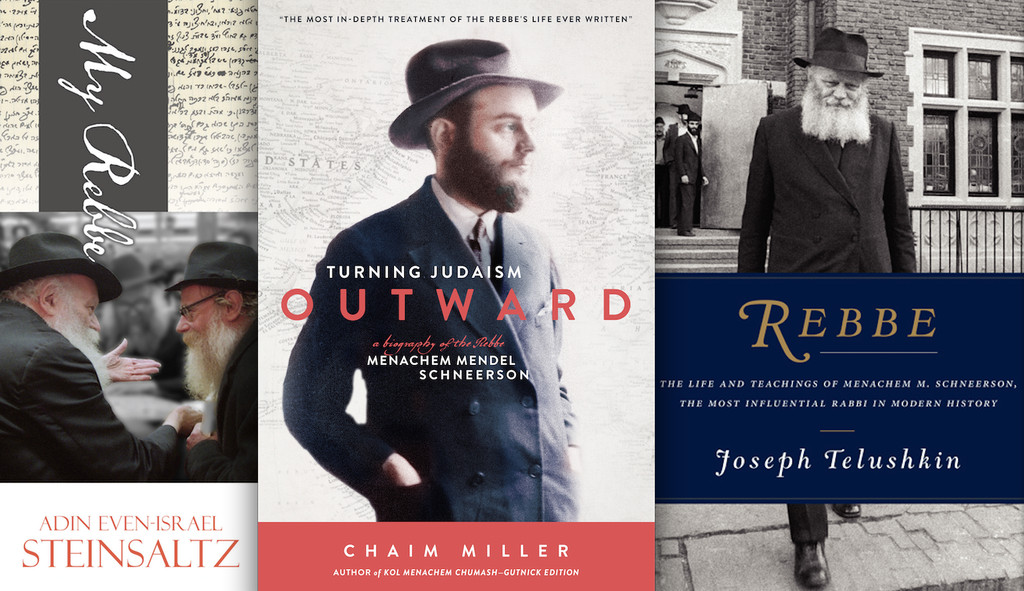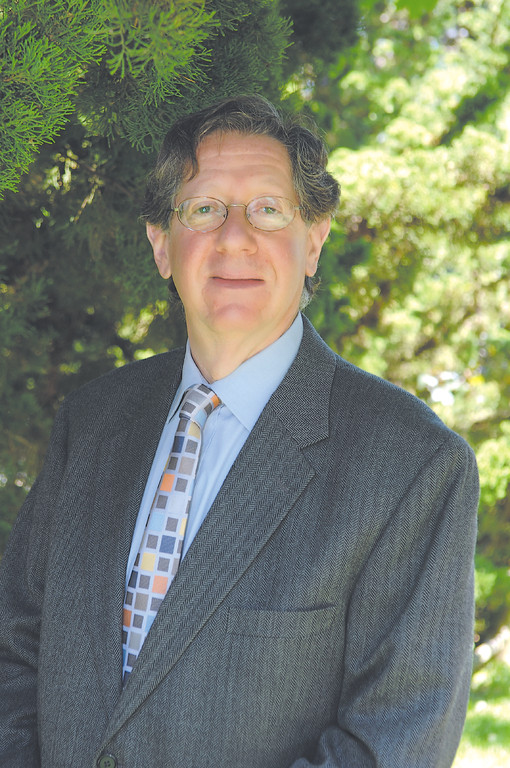Tribute to the Rebbe, who turned Judaism outward
He came to America, unknown and without a job, fleeing the Nazi tyranny in Europe. He was highly educated, deeply religious and heir to a spiritual legacy that was within his lifetime to redefine religious outreach to great heights.
On July 1, we shall commemorate the 20th anniversary of the passing of Rabbi Menachem Mendel Schneerson, of blessed memory, the seventh Lubavitcher Rebbe. In observance of this date, we recently witnessed the publication of three biographies of varying quality that sought to relate to us the greatness of the Rebbe.
The first, “My Rebbe,” by the great scholar, Rabbi Adin Steinsaltz, combines a broad biography melded into an autobiography of a deeply personal tribute and heartfelt observations and opinions regarding the Rebbe’s place in Jewish history.
The second, “Rebbe,” by Joseph Telushkin, is styled as a popular biography, written in a brisk manner casting the Rebbe in a rather popular personality mold, and is an easy read.
The third, “Turning Judaism Outward,” by Rabbi Chaim Miller, is the most intense in tone and content. Rabbi Miller wrote this after many years of translating and publishing the Rebbe’s commentaries on the Chumash in the famed Gutnick Edition, an experience that shows in the content and flavor of this work.
While all of these works deal with the Rebbe’s long life and career, I am devoting this week’s essay to one little known facet of his life, an episode that occupied all but two of his first years in America. This episode reflects the Rebbe’s eclectic secular educational and religious background that surely serves as an apt educational model for future students to emulate.
In a recently published tribute in Jewish Action magazine, Rabbi Tzvi Hersh Weinreb said of the Rebbe: “We live in an age of specialization. … It is the rare leader in whom we recognize a wide range of diverse achievements.”
Consider carefully the words you have just read, and remember them as you read a chapter in the Rebbe’s life history that was never experienced by any other Chasidic Rebbe. All three biographies noted this within the context of his life’s journey. This essay seeks to single this out for special treatment.









